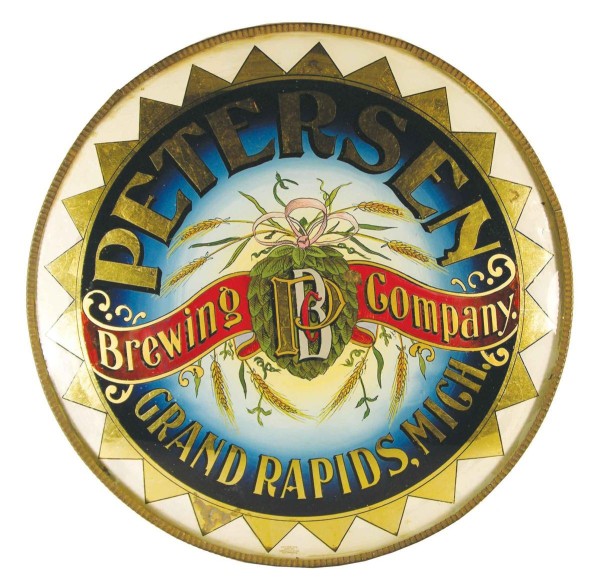
Petersen Brewing Company, Grand Rapids, MI. Reverse on Glass Corner Beer Sign, Circa 1905
Petersen Brewing Company, Grand Rapids, Michigan. Reverse on Glass Corner Beer Sign, Circa 1905
CONTACT US FOR A FREE APPRAISAL OF YOUR ANTIQUE ADVERTISING COLLECTIBLES!
CONTACT US FOR A FREE APPRAISAL OF YOUR ANTIQUE ADVERTISING COLLECTIBLES!
CONTACT US FOR A FREE APPRAISAL OF YOUR ANTIQUE ADVERTISING COLLECTIBLES!

Petersen Brewing Company, Grand Rapids, Michigan. Reverse on Glass Corner Beer Sign, Circa 1905

Here’s a beautiful self-framed tin sign depicting the first mayor of Albany, New York, Peter Schuyler. He must have been so popular the G.W. Van Slyke & Horton Cigar Manufacturing Company in Albany made a cigar and named it after the cities former mayor. This sign is spectacular in color and clarity.

This tray features a beautiful eagle from the Peter Doelger Brewery which was the largest brewery in NYC before Prohibition. The tray advertises the beer was “Brewed Expressly for the Home”.

Shown is a beautiful pre-prohibition 1913 Peter Breidt Brewing Company Calendar. This brewery was based in Elizabeth, N.J.
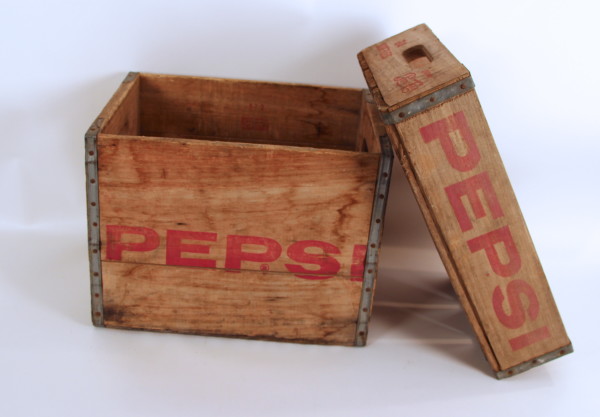
These are two Pepsi-Cola wooden carrying crates made of sturdy wood slats and feature cutout handles, made in the 1960’s.
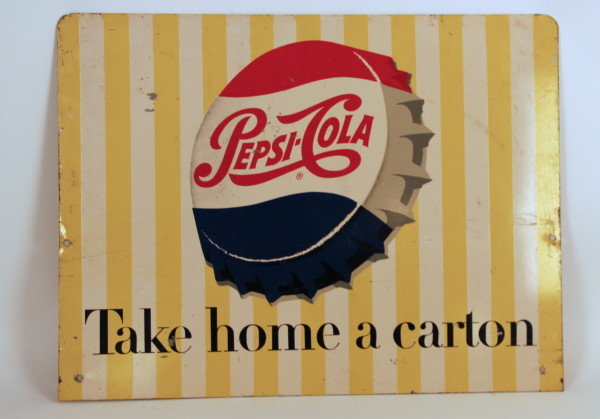
This is a Pepsi-Cola porcelain sign, Circa 1950’s. The sign is 14″ tall by 24″ wide and reads “Take home a carton”.

Gesso Framed Reverse on Glass Sign from the Peoples Brewery in Trenton, New Jersey. Pre-Prohibition era, circa 1905.
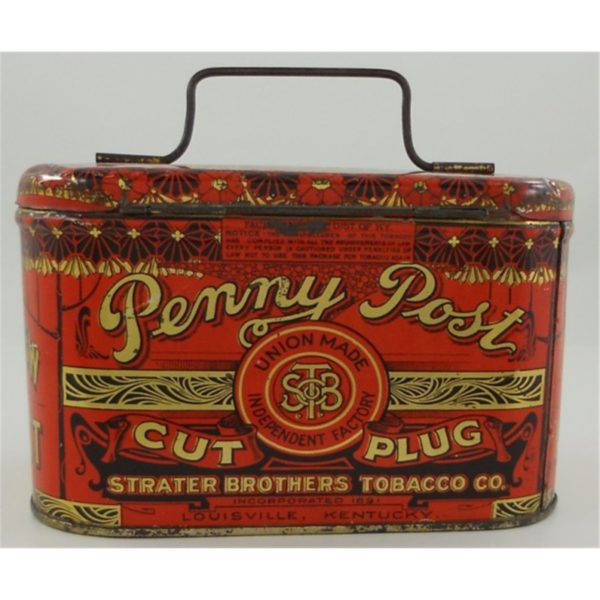
Strater Bros Brothers Tobacco Company Penny Post Lunch Pail Tobacco Cut Plug Tin.

Here is an early tin sign from the Pierce corporation, an early and very successful gasoline and motor oil manufacturer based in Saint Louis, Missouri. This particular sign advertises their flagship Pennant brand of grease. The Pierce Company also produced an oil rocker drum, which are a highly collected category by the gas and…
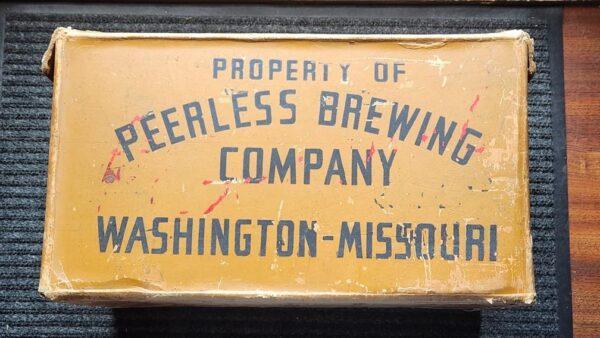
Here is a tough to find post prohibition brewery beer box from the Peerless Brewery in Washington, MO, just outside St. Louis. Cardboard boxes of this era are generally difficult to find as they were simply not as durable as their wooden counterparts.